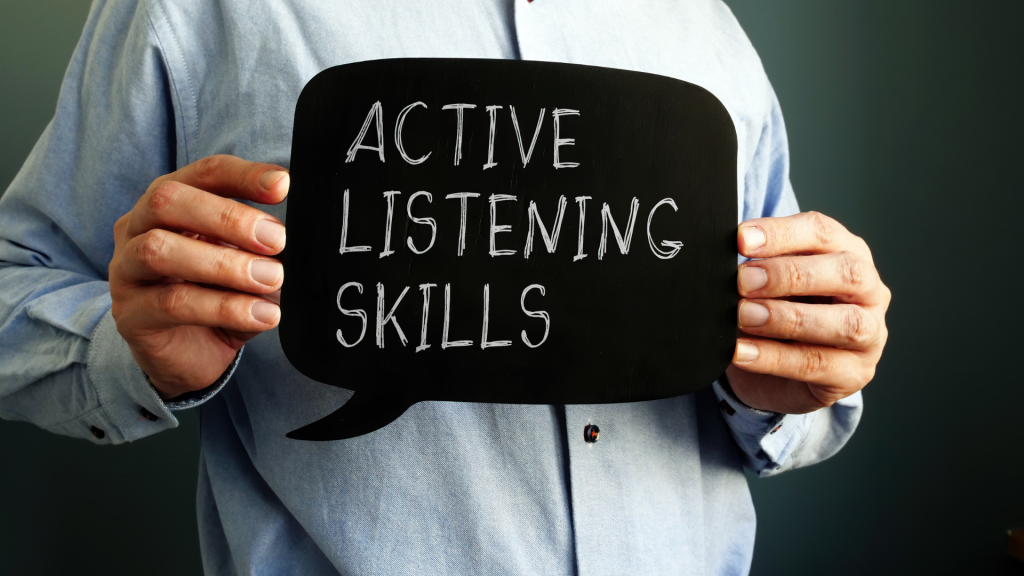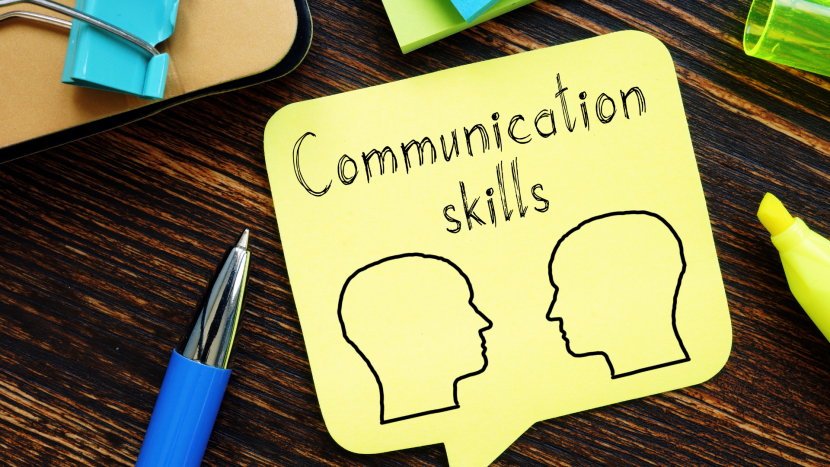In today’s fast-paced, highly connected workplace, communication is more than just speaking—it’s about connecting, influencing, and inspiring. Whether you’re leading a project, navigating team dynamics, or interviewing for a new role, strong communication skills can be your biggest career asset.
In fact, a 2023 LinkedIn Global Talent Trends report revealed that communication is among the top soft skills employers seek. Fortunately, communication is a skill you can learn, practice, and improve over time.
Let’s explore the importance of communication in the workplace—and 10 actionable strategies to improve your communication skills for career success.
Why Communication Matters in Career Growth
Good communication doesn’t just help you talk—it helps you lead, negotiate, resolve conflicts, and build relationships. Here’s why it’s critical:
- Increases visibility: Professionals who communicate clearly are more likely to get noticed by leadership.
- Improves teamwork: Effective communication reduces misunderstandings and fosters better collaboration.
- Boosts leadership skills: Influencing others, managing change, and giving feedback require clear communication.
- Enhances productivity: Teams with good communication practices complete tasks more efficiently.
- Strengthens your personal brand: How you speak and write reflects your professionalism and credibility.
10 Powerful Ways to Improve Communication Skills
1. Practice Active Listening

“Most people do not listen with the intent to understand; they listen with the intent to reply.” – Stephen R. Covey
Active listening involves giving your full attention to the speaker, observing non-verbal cues, and withholding judgment until the message is fully conveyed.
How to improve:
- Don’t interrupt.
- Nod and use short affirmations like “I see,” “Go on.”
- Summarize what you heard before responding.
2. Work on Your Body Language
Non-verbal communication can reinforce or contradict your message. Facial expressions, eye contact, posture, and gestures can influence how your message is received.
Tips:
- Maintain eye contact (but don’t stare).
- Keep an open posture.
- Avoid crossing arms or fidgeting.
3. Be Clear and Concise
Rambling or using jargon dilutes your message. Great communicators make complex ideas simple.
How to do it:
- Use short, structured sentences.
- Focus on one point at a time.
- Avoid filler words like “um,” “you know,” or “basically.”
4. Master the Art of Asking Questions

Good communication is a two-way street. Asking thoughtful questions shows you’re engaged and opens doors for clarity.
- Use open-ended questions to encourage conversation.
- Use probing questions to dive deeper.
- Use clarifying questions to remove doubt.
5. Improve Your Writing Skills
From emails to reports, written communication is key in professional settings.
Tips to write better:
- Use proper grammar and punctuation.
- Get to the point early.
- Always proofread before sending.
6. Adapt Communication Style to Your Audience
How you speak to a client differs from how you speak to a teammate. Tailor your language, tone, and formality.
- Use technical language with specialists.
- Use storytelling for presentations.
- Mirror the tone of the person you’re speaking to.
7. Receive and Act on Feedback

Feedback helps uncover your communication blind spots. Ask:
- “Was I clear?”
- “Did that make sense?”
- “How else could I explain this better?”
Use that input to improve your approach next time.
8. Join a Communication Skills Program
If you’re serious about improving, consider:
- Toastmasters: A global public speaking and leadership organization.
- Online courses: Platforms like Coursera, LinkedIn Learning, and Udemy offer excellent options.
9. Practice Empathy and Emotional Intelligence
Being empathetic means understanding how others feel. This is key in resolving conflicts, giving feedback, or negotiating.
Improve this by:
- Practicing active listening.
- Noticing non-verbal emotional cues.
- Acknowledging others’ perspectives.
10. Be Assertive, Not Aggressive
Assertiveness means expressing your views honestly while respecting others. It’s vital for setting boundaries and communicating needs.
How to develop:
- Use “I” statements (“I feel…”, “I need…”).
- Stay calm and firm.
- Don’t apologize for having a viewpoint.
How to Track Your Progress
Improving communication is a journey. Keep track with:
- Journals: Note down communication wins and challenges.
- Feedback forms: Ask colleagues for anonymous input.
- Video recordings: Record and analyze yourself during presentations.
Final Thoughts
Good communication is not a “nice-to-have” skill—it’s a career catalyst. From acing job interviews to climbing leadership ladders, how you express yourself impacts your success.
Start small. Pick one area to work on this week—be it active listening, body language, or email clarity. Then expand. With consistent effort and reflection, you’ll notice greater confidence, better relationships, and faster career growth.





